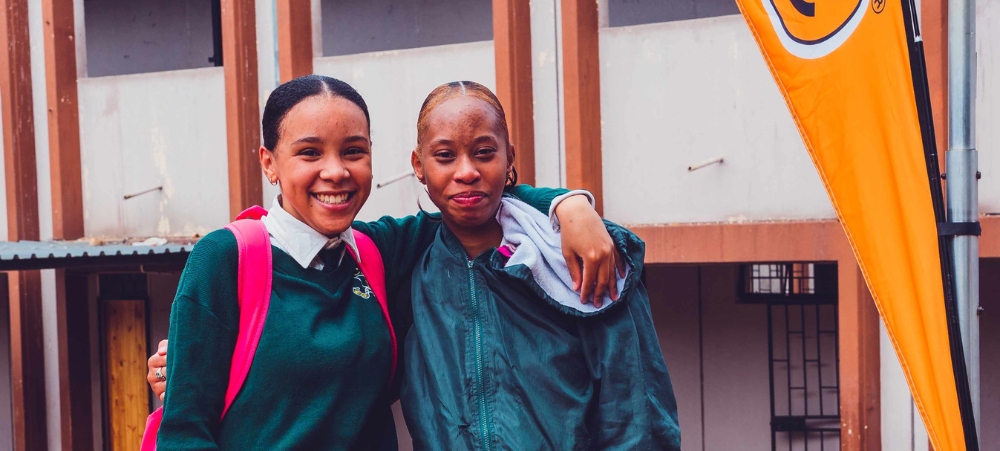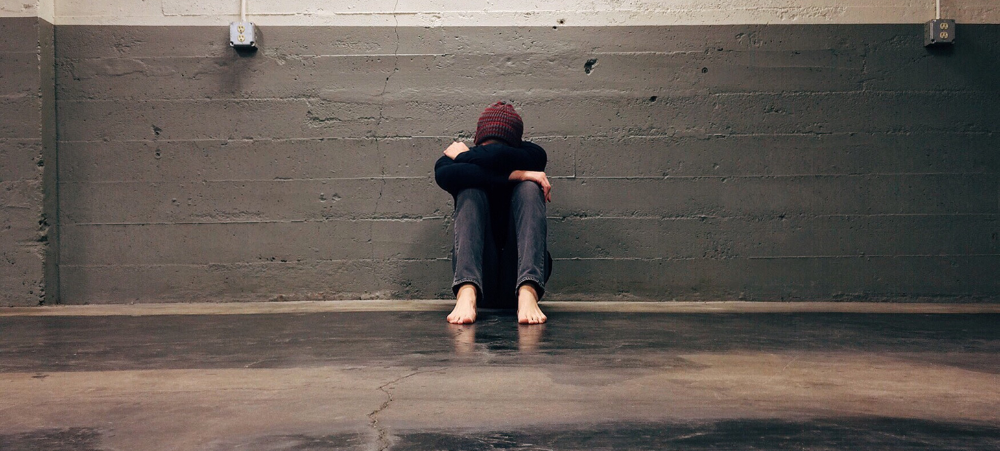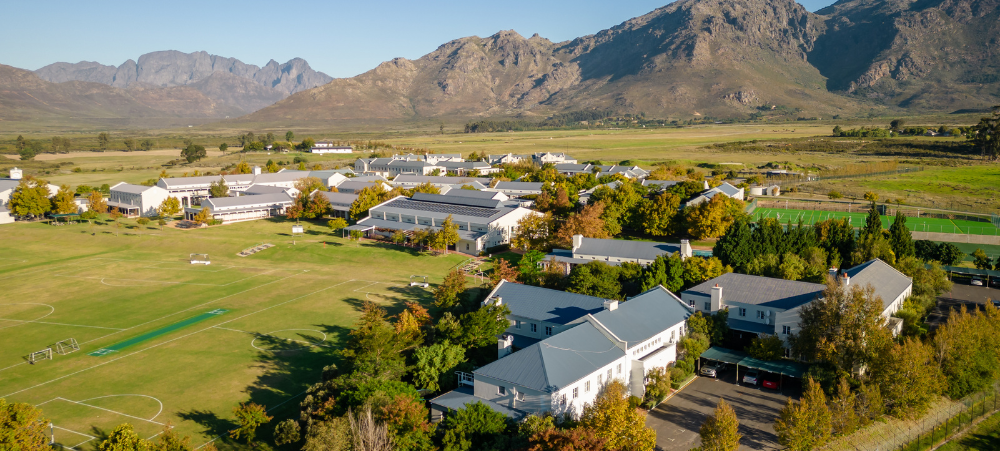According to CollegeRaptor (USA), non-traditional (alternative) schools “were first introduced as a way to help students who could not fit into the regular school system because of various behavioural problems”.
Colleges in South Africa in the 1980s had a reputation for being senior high schools for those students that no traditional mainstream school would accept. Those who attended College were often stereotyped as troublemakers, who were probably expelled from their traditional schools by those who attended traditional schools (as well as their parents).
Looking back, this may have been true in a few cases, but surely this was not true for all students. Were many not merely trying to find their place because they could not conform to the rigid, strict, at times non-sensical rules found in traditional schools in South Africa at the time?
Not much can be done to change perceptions regarding non-traditional schools in the 80s, but sadly some people remain uninformed to this day, which means too many students lose out on the opportunity to attend a school that is a better fit for them than a regular mainstream school.
Abbotts College was founded in 1971, and for over four decades, it was a non-traditional school that catered for Senior High School (Grades 10-12) students only.
Teaching at traditional high schools for many years, I recall several Grade 9 students eagerly awaiting the opportunity to attend Abbotts College at the start of their FET school journey each year.
I experienced firsthand that the students who left to attend the non-traditional school, Abbotts College, were not those with behavioural problems but rather those who think outside the box, are creative and open-minded and, yes, those who don’t love uniform and hair rules.
Fortunately, students no longer need to wait for Grade 10 to attend a school where they feel at home. Abbotts Colleges have been welcoming Grade 8 and 9 students onto their campuses for the past six years.
Abbotts Colleges are safe spaces where students get to “just be” and become fully self-actualised and empowered in a supportive environment.
So what is a non-traditional school in the mainstream schooling space?
Currently, there are a variety of schools which fall within the non-traditional (alternative) schooling space. These vary from small schools offering homeschooling curricula to online schools to Abbotts Colleges which offer the CAPS curriculum for their full-time students and whose students will be writing the Independent Examination Boards (IEB) National Senior Certificate (NSC) examinations as of 2023.
Choosing a non-traditional school
When choosing a non-traditional school, parents need to ensure that the school is accredited and that the curriculum offered is accepted by South African universities and private tertiary institutions as well as universities outside of our borders. Several “fly-by-night” schools are not operating in an educationally sound way and are not accredited by Umalusi or the necessary accreditation boards
Abbotts Colleges fall within a unique brand of mainstream non-traditional (alternative) schools as they are non-traditional for several reasons:
- Students do not wear uniforms, and they do not need to comply with restrictive hair or jewelry rules, as these do not influence a student’s academic performance.
- Students receive not 3 or 4 but 7 reports a year. The more regular formal reporting allows for more continuous academic tracking by parents. This is besides intervention communication outside of formal reporting time.
- Students attend homework classes Mondays to Thursdays, where they do their homework and can approach their subject teachers for assistance during this time.
- Teachers are also available until 20:00 to assist students who are struggling to grasp the work.
- The school does not offer co-curricular activities, choosing to focus on academic support, improvement and achievement. Students participate in club sport and join private cultural groups.
Non-traditional schools offer an alternative to traditional schooling and allow for self-expression and a celebration of students’ individuality.
Mignonne Gerli, Principal: Abbotts College Pretoria
- The B-Word: Understanding & Addressing Bullying in Schools - April 4, 2025
- Stress Less, Achieve More: Parental Strategies to Soothe Exam Nerves - November 25, 2024
- A Principal’s Perspective: Nurturing Resilience & Endurance in Your Child - July 15, 2024





